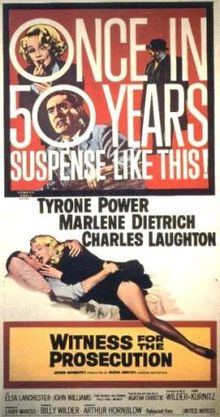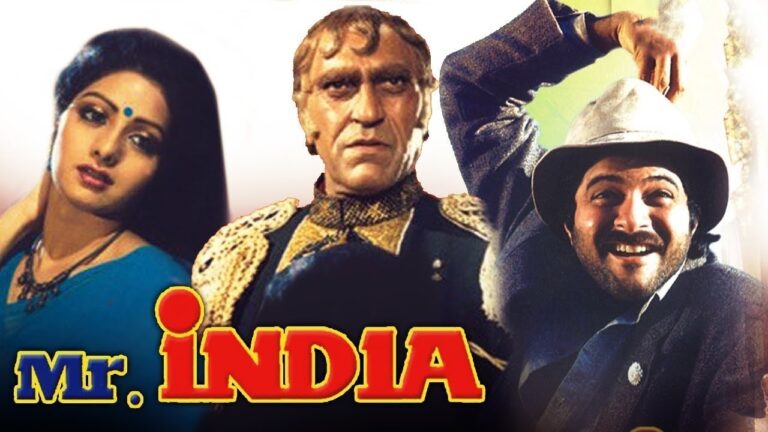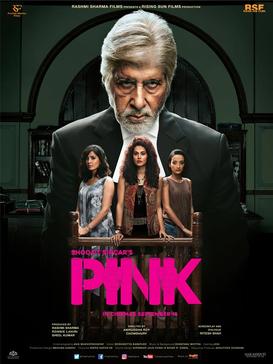aaLAWchak: Witness for the Prosecution
Movie: Witness for the Prosecution
Starring: Tyrone Power, Marlene Dietrich and Charles Laughton
Directed by: Billy Wilder
Year of Release: 1957
There is certain penchant for old classic movies, they are enigmatic and yet so simple. The film adaption of the Agatha Christe who-dunnit novel really holds this close.
The stellar performance of Charles Laughton as the defense-attorney leaves you speechless. The movie reminds you that “they just don’t make movies like this anymore”.
The movie borrows its entire plot from the book of Agatha Christie but at the same time is brilliantly adapted for celluloid. A murder mystery, which will leave you in splits. I am not kidding, the movie has all the elements of a mystery, but it is able to create an atmosphere that most comedy movies would envy. If nothing else, the movie is recommended for its execution.
A wealthy widow (Norma Varden) made a will in favour of Leonard Vole (Tyrone Power) for her entire money. Later, the lady dies and Leonard Vole is charged for murdering her.
London barrister Sir Wilfrid Robarts (Charles Laughton) agrees to take the case.
When Sir Wilfrid speaks with Leonard Vole’s German wife Christine (Marlene Dietrich), he finds her rather cold and self-possessed and finds her inclined to the fact that her husband did in fact murder the widow for her money.
As a usual thing, the trial follows, but the exchange of dialogues is riff with clever questions and putting words in the mouth of the witness. The back and forth exchange about what took place on the night of murder or something or the other become increasingly complicated. The crown and the defense examine one witness after the other and probe for key details. The viewer will grow fidgety waiting for the next question to be asked and how the other side decides to change the opinions of the jury. You can guess all you want but no one can predict what will happen on the screen next.
You will be on your toes when the wife of the accused turns into a hostile witness and testifies against her husband.
She earlier supported her husband’s version of the story. You will be amazed when the defence attorney turns each situation to the advantage of his own client with using nothing but words and questions. The court room scenes crackle with emotional power and the fast moving film will not even let you think. Till the climax, it will leave you both shocked and bewildered.
The screenplay by Mr. Wilder and Harry Kurnitz has well paced scenes, where enough of the back story is provided by them just enough to inform but not to lead you away from the movie. The supporting cast is not great but average in their ability to convince the viewer that they are actually who they play to be.
However, it is Charles Laughton who plays the defence attorney and his real life wife Marlene Dietrich who plays the shrill loud but sweet nurse, who walk away with the accolades in this movie.
They add an enormous amount of comical angle to the entire film. It can be safely said if not for these two, this movie would have been another court room drama buried in the seriousness and its court room antics.
If you are tired of the gritty court room dramas and are looking for a comic relief at the same time, Witness for the Prosecution is an amazingly engaging piece of art.
Legal Aspect:
Hostile Witnesses
A criminal case is built upon a witness, they are considered the eyes and the ears of the legal justice system. Hence, when a witness turns hostile it leads to a number of problems. In India the witnesses are prone to being bribed, threatened, maimed or even done away with. The low conviction rate in India can be attributed to this.
Who constitutes a witness?
The term Witness has not been defined anywhere. However, Section 118 of the Evidence Act, 1872 defines “Who may testify” under Chapter IX “Of Witnesses”. Section 118 of the Evidence Act, 1872 is reproduced herein below:
“Who may testify. —All persons shall be competent to testify unless the Court considers that they are prevented from understanding the questions put to them, or from giving rational answers to those questions, by tender years, extreme old age, disease, whether of body or mind, or any other cause of the same kind. Explanation.— A lunatic is not incompetent to testify, unless he is prevented by his lunacy from understanding the questions put to him and giving rational answers to them.”
How to counter a hostile witness?
Section 154 of the Evidence act, 1872 allows a party, with the permission of the court to cross-examine his own witness in the same way as the adverse party. Such cross-examination means that a witness can be asked, firstly, leading questions under Section 143; secondly, questions relating to his previous statement in writing under Section 145; and, thirdly, questions which tend to test his veracity, to discover who he is and what his position in life is or to shake his credit under Section 146.
Now, just because a witness has given a statement that is against your case, he cannot be considered hostile as he could be telling the truth.
Best known cases where witnesses turned hostile
Zahira Habibullah Sheikh v. State of Gujarat; (2004) 5 SCC 353
also Known as the Best Bakery case:
The case related to communal riots that ravaged the State of Gujarat in 2002. There were 14 people who were burnt alive at a place called Best Bakery. The fast track trial was completed on 29th June, 2003. 21 persons were named accused in the case and the prosecution depended mainly on the testimony of the survivor Zahira Sheikh. However, Zahira Sheikh turned hostile and refused to even identify the people who had killed her own family members. The court recorded a verdict that the prosecution had failed to prove the charges. Later, Ms. Sheikh asserted that she had lied to the court under the threat and fear for her life. She was convicted and sentenced by the Mumbai Special Sessions Court for perjury.
Manu Sharma v. State (NCT of Delhi); (2010) 6 SCC 1
also known as the Jessica Lal murder case
Although considered an open and close case, where the man accused Manu Sharma, the son of a former Union Minister flees the scene and absconds for an entire week before surrendering to the Delhi police. In this case, a number of witnesses turned hostile due to political pressure. This lead to a wide spread public outrage. The Sessions court acquitted all nine accused on the ground of insufficient evidence. The public outrage led to the case being taken up seriously by the higher judiciary
State v. Sanjeev Nanda; (2012) 8 SCC 450
also known as BMW Hit and Run case
On 10th January, 1999, a BMW driven by Sanjeev Nanda, grandson of the former Chief of Naval Staff and arms dealer admiral S.L. Nanda had run over sleeping pavement dwellers in Delhi. Three people died on the spot and others received serious injuries. As the trial progressed, a large number of witnesses turned hostile. Manoj Mallick, the lone survivor of hit and run, told the court that he was hit by a truck. Key witness, Hari Shankar, refused to identify the BMW and another witness absconded. In fact, none of the witness supported the prosecution. Later, the case was order to be tried again and Sanjeev Nanda was convicted for killing six persons.
Author: Govind K. Chaturvedi
Editor: Ankit Rastogi









